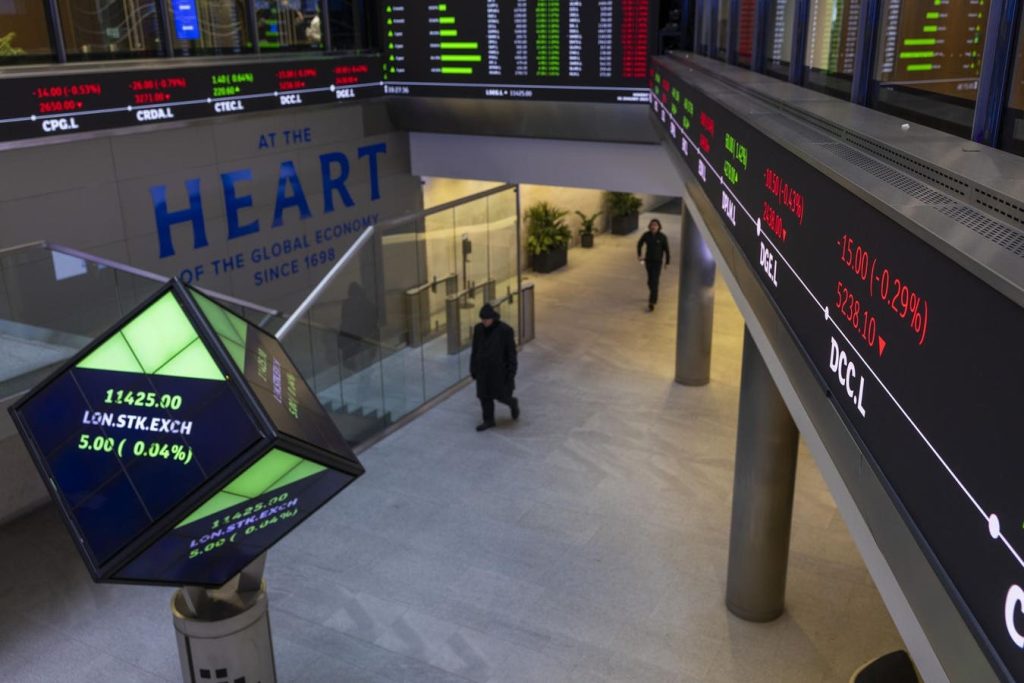Alliance Pharma’s Acquisition: A Deep Dive into the Deal and Its Implications
Alliance Pharma, a London-listed healthcare company, is poised to be acquired by a consortium led by DBAY Advisors and Edmond de Rothschild’s ERES IV fund in a deal valued at £349.7 million ($427 million). This all-cash transaction marks another instance of a UK-listed company being taken private, contributing to the ongoing shrinkage of the UK stock market. The acquisition, unanimously recommended by Alliance’s board, offers shareholders 62.5 pence per share, representing a substantial 41% premium over the company’s closing price on the day before the announcement. This premium underscores the perceived undervaluation of UK-listed companies, making them attractive targets for private equity firms.
Alliance Pharma, listed on the Alternative Investment Market (AIM) since 2003, specializes in the marketing and distribution of consumer healthcare and prescription products, spanning over 100 countries. With a workforce of approximately 285 employees distributed across Europe, North America, and the Asia-Pacific region, Alliance has established a global presence. The company’s recent strategic review, initiated after Nick Sedgwick assumed the role of CEO in May 2024, aimed to revitalize its operations and chart a path for future growth. While the board expressed confidence in the long-term prospects of the company, it acknowledged the protracted timeline and substantial investment required to execute the strategic plan. Coupled with inherent uncertainties surrounding the plan’s implementation, the backdrop became conducive to considering a potential acquisition.
DBAY Advisors, an investment firm based in the Isle of Man, expressed its support for Alliance’s leadership team and their envisioned strategic initiatives. However, DBAY emphasized the need for a period away from the public market’s scrutiny to effectively implement these initiatives and pursue new investments and acquisitions. This view reflects a broader trend of private equity firms seeking to restructure and enhance the value of acquired companies outside the pressures of public market expectations. The move to take Alliance private offers the company the flexibility to pursue long-term strategies without the pressure of quarterly earnings reports and shareholder demands, potentially facilitating more substantial transformations.
The acquisition also sheds light on the increasing vulnerability of AIM-listed companies to takeovers. As highlighted by investment bank Peel Hunt, these companies often face challenges related to liquidity, depressed valuations, and limited access to capital markets. These factors make them prime targets for private equity firms seeking undervalued assets with potential for growth. The deal involving Alliance Pharma exemplifies this trend, as the company’s relatively small market capitalization and AIM listing likely contributed to its susceptibility to acquisition. This trend raises concerns about the vitality of the UK stock market, particularly the AIM, as it loses a significant number of companies to private ownership.
DBAY Advisors, co-founded by Alex Paiusco and Saki Riffner in 2011, had already accumulated a 28% stake in Alliance Pharma, starting its acquisition of shares in December 2022. This pre-existing stake positioned DBAY as a key player in any potential takeover scenario, underscoring their interest in the company’s long-term potential. Their partnership with Edmond de Rothschild, a renowned private bank and asset manager with a substantial asset base, further solidified the financial muscle behind the acquisition. Edmond de Rothschild, founded in 1953 and led by Ariane de Rothschild, brings significant financial resources and expertise to the deal, further strengthening the consortium’s position.
This acquisition of Alliance Pharma forms part of a broader trend of UK-listed companies being taken private. This trend, fueled by factors such as undervalued companies, the availability of private equity capital, and the perceived benefits of operating outside the public market, raises concerns about the future of the UK stock market. As companies increasingly delist, the market’s depth and breadth are diminished, potentially affecting investor choice and overall market liquidity. This trend also prompts questions about the long-term implications for the UK economy, as companies move away from public ownership and the associated transparency and regulatory oversight. Further analysis is required to fully understand the consequences of this trend and its potential impact on the UK’s financial landscape. The acquisition of Alliance Pharma serves as a case study within this broader context, highlighting the complex dynamics at play in the contemporary financial market.

